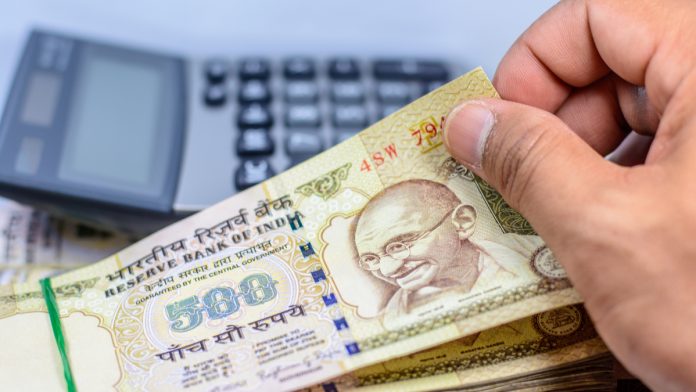GBP/INR has broken below the support line of an uptrend that lasted for over three weeks. Currently, one British pound buys 95.583 Indian rupees, down 0.15% as of 6:30 AM UTC.
The sterling has lost ground amid intensifying pessimism on the stagnant negotiations between Britain and the European Union. The British currency has extended losses to price in the updates from the Office for National Statistics (ONS).
Britain’s Economy Experience Record Contraction
Just recently, the ONS said that the UK’s gross domestic product (GDP) tumbled by a record 20.4% in April compared to March, as the government implemented a series of lockdown measures to curb the spread of the new coronavirus. Economists argue that April was the low point before a slow recovery.
The ONS data showed that Britain’s economy fell 10.4% in the three months to April compared to the previous three months.
Analysts polled by Reuters anticipated an 18.4% monthly decline and a 10.0% contraction in the three months to April.
In annual terms, the economy plummeted by 24.5% in April.
ONS executive Jonathan Athow commented:
“April’s fall in GDP is the biggest the UK has ever seen, more than three times larger than last month and almost ten times larger than the steepest pre-covid-19 fall. In April the economy was around 25% smaller than in February.”
He explained that all areas of the economy had been affected, including education, health, pubs, and car sales.
“The UK’s trade with the rest of the world was also badly affected by the pandemic, with large falls in both the import and export of cars, fuels, works of art and clothing,” Athow added.
Britain’s retail sector is about to reopen while maintaining social distancing rules.
The dominant services sector dropped by 19.0% in April compared to March, which is a record decline. Air transport and travel & tourism were almost stagnant, tumbling by 92.8% and 89.2%, respectively.
Manufacturing fell over 24% while construction collapsed by almost 50%.
The Bank of England and the Office for Budget Responsibility have both warned that the economy was heading for its worst recession in about 300 years in 2020.





